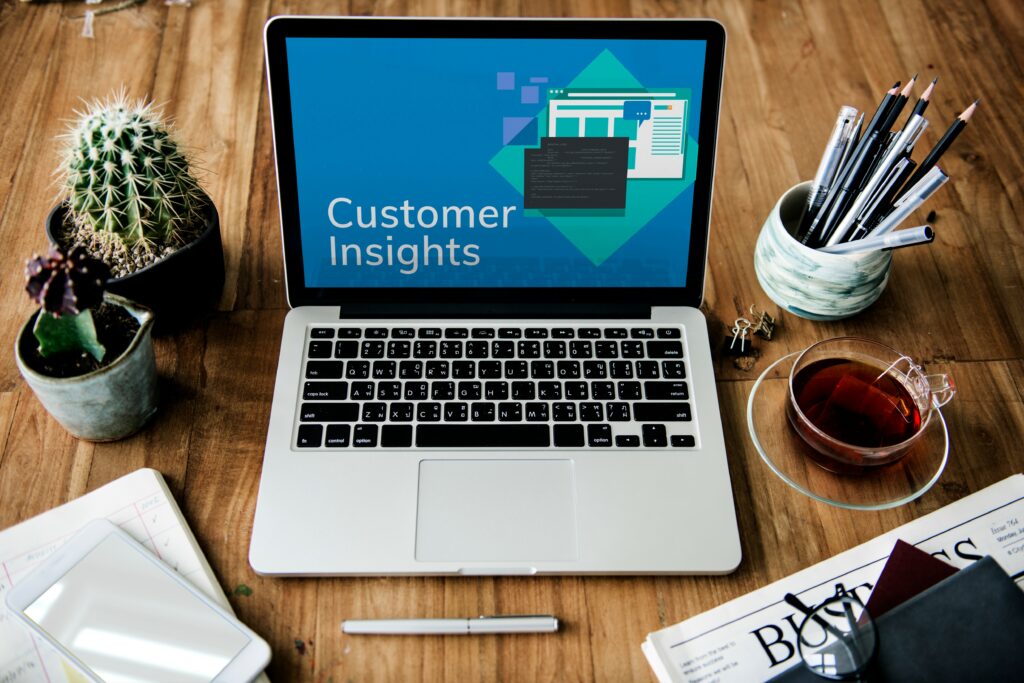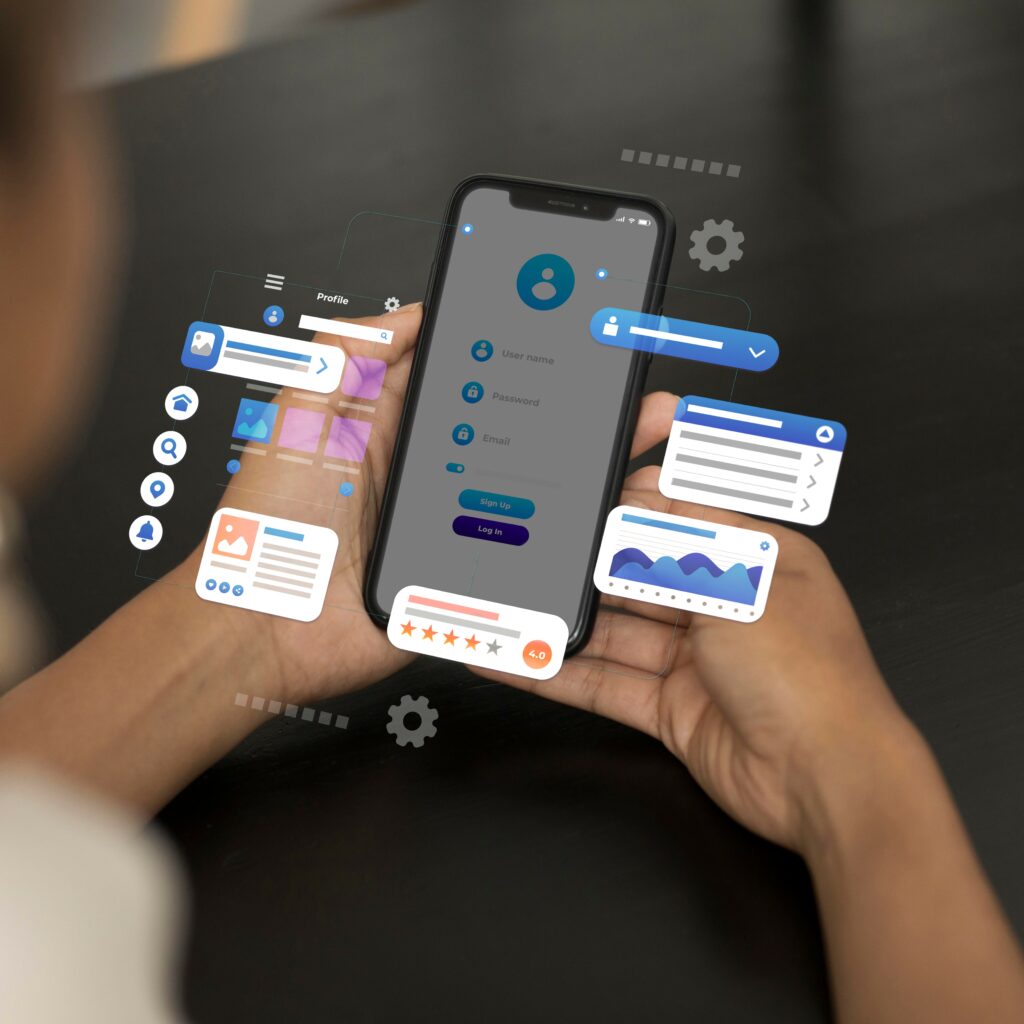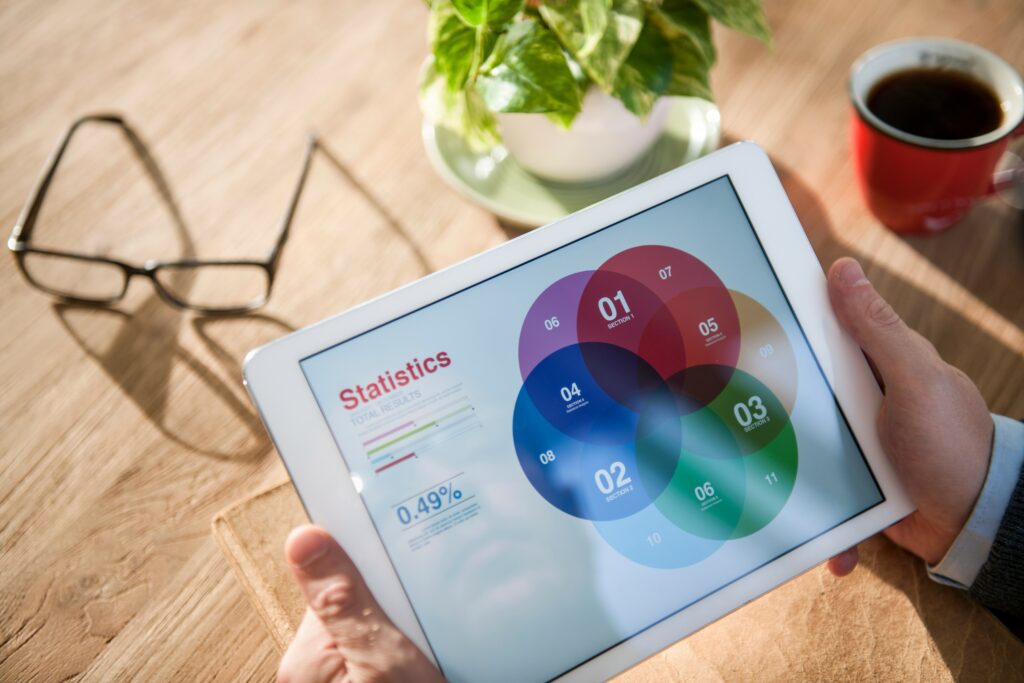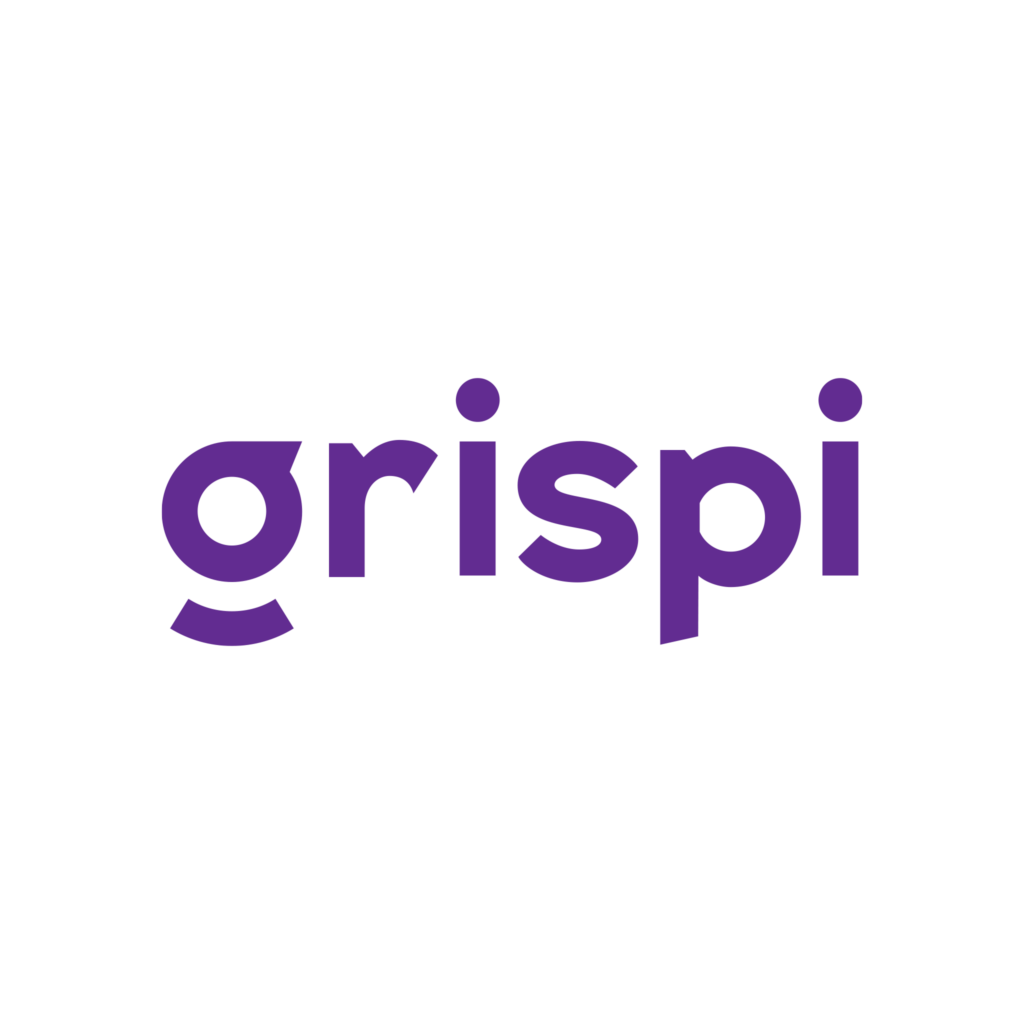How to Create Lasting Customer Loyalty?
- August 17, 2024
-
Hazal Demir
In today’s highly competitive business landscape, building lasting customer loyalty has become one of the most important goals for companies. Strong, long-term customer relationships support sustainable growth and directly impact a company’s success.
CRM (Customer Relationship Management) software plays a critical role in this process by helping businesses manage customer relationships more effectively and drive deeper loyalty.
In this article, we’ll explore why long-term loyalty matters and how customer engagement and CRM tools can help foster it.
Why Is Lasting Loyalty Important?
Long-term customer loyalty is essential for business success. Loyal customers don’t just return—they become brand advocates, promoting your business to others and driving organic growth.

Key Benefits of Lasting Loyalty:
Increased Revenue: Loyal customers make repeat purchases and tend to spend more over time.
Reduced Costs: Acquiring a new customer is often more expensive than retaining an existing one. Loyal customers help lower marketing and advertising expenses.
Word-of-Mouth Marketing: Satisfied customers often share their experiences, helping to attract new customers and build your brand’s reputation.
Competitive Advantage: A loyal customer base gives you a strong edge over competitors. People prefer brands they trust and feel connected to.
The Role of Customer Engagement in Building Loyalty
Customer loyalty doesn’t happen by accident—it’s built through intentional actions and engagement. Let’s break down the main areas that contribute to lasting loyalty:
1. Personalized Experiences
Providing personalized experiences is one of the most effective ways to foster loyalty. When customers feel recognized and understood, they’re more likely to stay loyal.

How personalization strengthens loyalty:
Understanding Customer Needs: Tailoring your services or offers based on preferences shows customers they’re valued. For instance, offering discounts on products a customer frequently purchases can increase repeat business.
Showing Special Attention: Remembering a customer’s name, purchase history, or preferences helps create a meaningful connection and reinforces trust.
Customized Communication: Addressing customers by name and sending personalized messages (e.g., birthday greetings or targeted offers) strengthens emotional bonds.
Loyalty Programs: Rewarding loyal customers with discounts, points, or exclusive benefits encourages continued engagement.

👉 If you’re looking for CRM software to support personalized engagement, check out this article.
2. Effective Communication
Ongoing, meaningful communication is essential for building trust and deepening customer relationships.
How communication drives loyalty:
Building Trust: Responding promptly and clearly to customer inquiries demonstrates reliability, a core foundation of loyalty.
Proactive Communication: Sharing important information—like delays or product availability—before issues arise shows customers you care about their experience.
Consistent Updates: Regular emails, newsletters, or SMS messages help customers feel connected to your brand, keeping you top of mind.

👉 Need tips for improving customer perception? Read this article.
3. Gathering Feedback & Driving Improvement
Customer feedback is a valuable resource. Listening to your customers—and acting on what they say—shows you’re committed to continuous improvement.

How feedback fuels loyalty:
Understanding Expectations: Feedback helps uncover what customers value and what areas need improvement.
Enhancing Engagement: Asking for input makes customers feel involved and appreciated.
Continuous Improvement: Adjusting products or services based on feedback increases satisfaction and strengthens long-term loyalty.
4. Data Analytics & Predictive Insights
Using customer data to anticipate behavior and trends is a powerful strategy for building loyalty.

How data helps:
Understanding Behavior: Analytics can reveal shopping patterns, product preferences, and pain points—allowing businesses to tailor their offerings.
Personalized Marketing: By analyzing purchase history and preferences, you can deliver targeted campaigns and recommendations.
Forecasting Models: These models help predict future behavior—such as which customers are likely to churn—and support proactive retention strategies.
Customer Lifetime Value (CLV): Calculating CLV helps businesses focus efforts on the most valuable customers for long-term success.
How Grispi Helps Build Lasting Loyalty?
Grispi offers advanced CRM tools and forecasting models that support customer engagement, satisfaction, and retention. Here are some standout features:

1. Behavioral Analysis & Segmentation
Grispi analyzes customer behavior to identify distinct groups, helping businesses tailor their messaging and service strategies effectively.
2. Sales Forecasting
By evaluating past sales data, Grispi predicts future performance—supporting smarter inventory management, budgeting, and planning.
👉 Want to improve sales with CRM analytics? Check out this article.
3. Churn Prediction
Grispi identifies customers at risk of leaving and helps you take action before it’s too late.
4. Campaign Performance Analysis
Grispi measures the effectiveness of marketing campaigns, allowing you to optimize your budget and strategy for better results.

Building lasting customer loyalty is not a one-time task—it’s a continuous process fueled by engagement, personalization, communication, and data-driven strategy. CRM systems like Grispi help businesses implement these practices at scale.
Contact us
Fill out the form for detailed information and demo account, let us call you.
